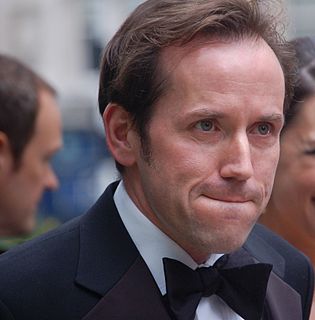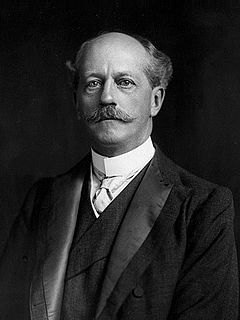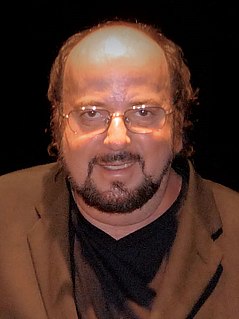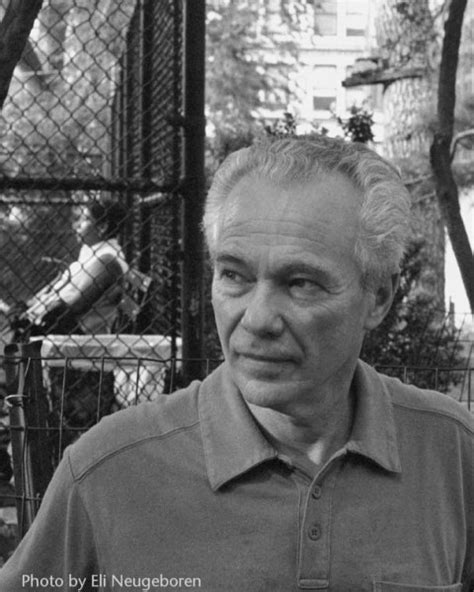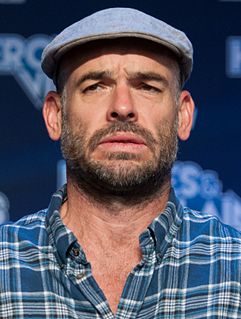A Quote by Alan Lightman
Novels aren't pedagogical instruments, or instructions in law or physics or any other discipline. A novel has to be an emotional experience, a trip of the imagination, and because science has raised so many issues that concern and affect humans, it's a good starting place for me.
Related Quotes
Our annual school physics trip was always to Blackpool Pleasure Beach, as it's such a good example of Newtonian physics. You can learn about centrifugal force and Newton's first law from the roller coasters, and the Viking long boat is a giant pendulum. It's good for children to understand that science underpins all these brilliant things.
The difference does not lie in the things that news does that novels do not do, but in the things that novels do that news cannot do. In other words, this basic technique of news - just one among many - is something a novel can use, but a novel can deploy a multitude of other techniques also. Novels are not bound by the rules of reportage. Far from it. They're predicated on delivering experience.
Imagination is as vital to any advance in science as learning and precision are essential for starting points. Let me warn you to beware of two opposite errors: of letting your imagination soar unballasted by facts, but on the other hand, of shackling it so solidly that it loses all incentive to rise.
Novels are political not because writers carry party cards -- some do, I do not -- but because good fiction is about identifying with and understanding people who are not necessarily like us. By nature all good novels are political because identifying with the other is political. At the heart of the 'art of the novel' lies the human capacity to see the world through others' eyes. Compassion is the greatest strength of the novelist.
There are only so many instruments you can layer on top of each other that aren't perfectly electronically programmed. "Long Vermont Roads" just cannot be performed live, because it's just too cluttered if it's played by humans. Synthesizers stay out of each other's way in a way that hand-played instruments never can.

